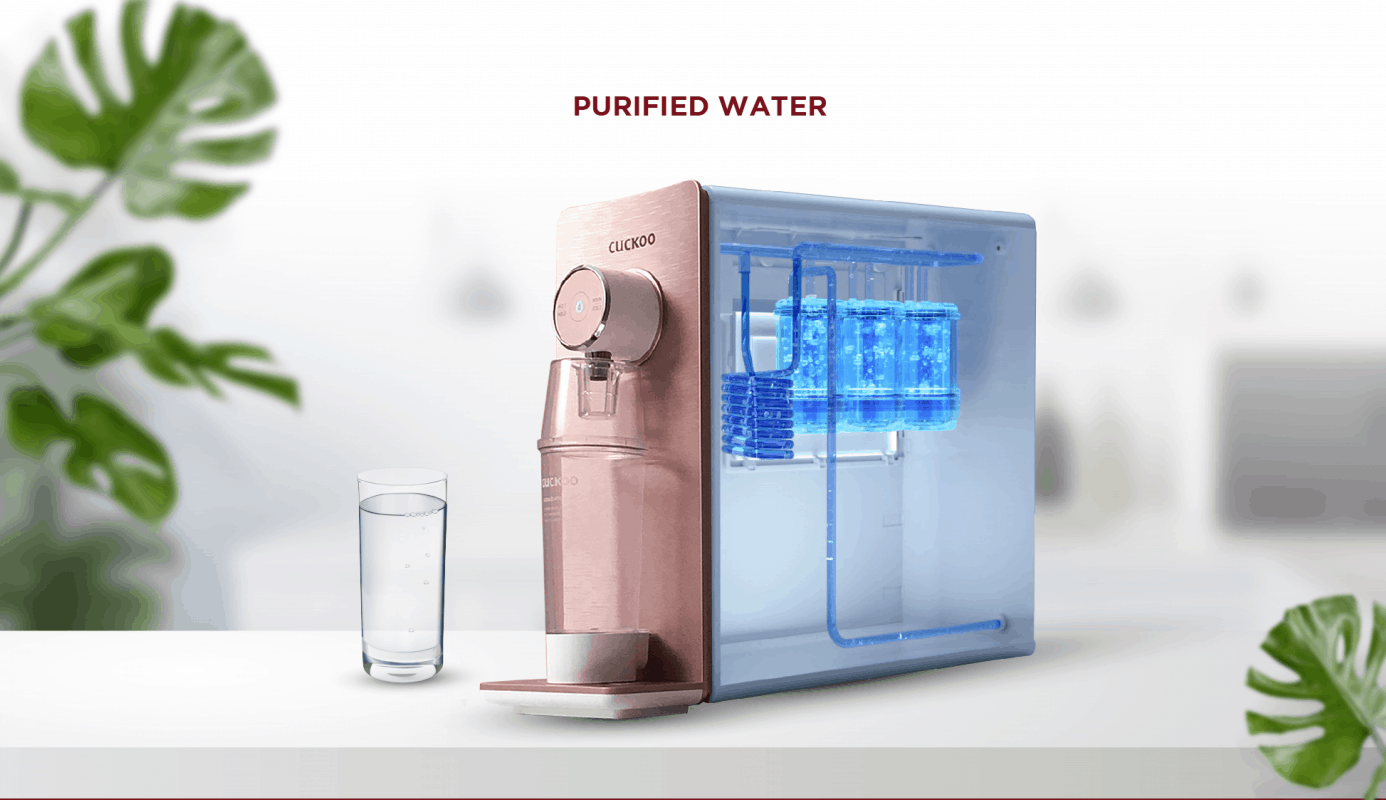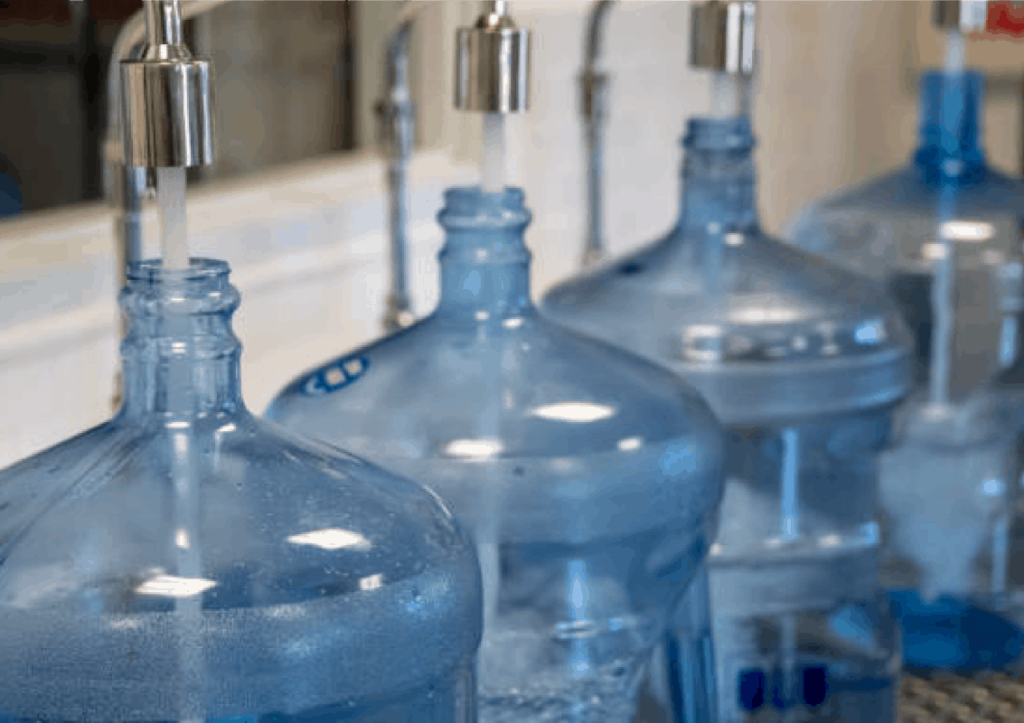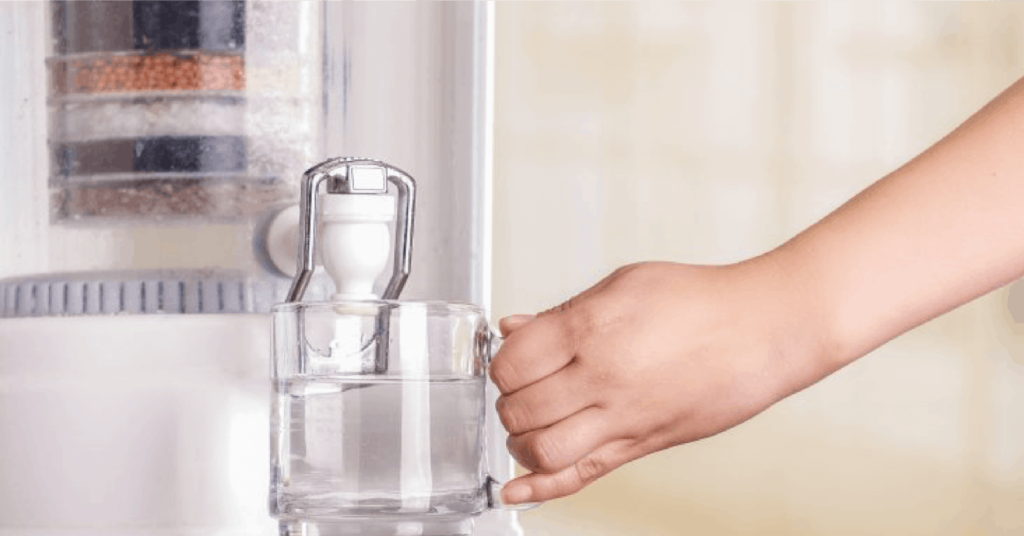The Difference Bewtween
Distilled, Purified, and Filtered Water
Water is the liquid of life and the fact that our bodies are made of up to 60% water drives home its importance as a fundamental necessity. Adequate water intake is especially important for vital processes such as delivering oxygen to the whole body, keeping the kidneys working well and maintaining body temperature. Having access to clean water can mean the difference between life and death, as all living beings not only need sufficient water to help the body function at maximum capacity, but also water that is clean to avoid contracting water-borne diseases or consuming harmful chemicals which may cause illnesses. Filtering our water helps prevent such issues as most water filters remove harmful chemicals and bacteria through several stages of the filtration process before it reaches the consumer.
However, there are various types of water available to us and each has specific applications for use. Some of the common types of water that you should be aware of especially when it comes to drinking water are purified water, distilled water and filtered water. Understanding the differences between each type of water should help you identify which option is best for you and the activity you wish to use it for. The following offers a closer look at the primary differences between purified water vs distilled water vs filtered water.

Purified water is used to describe water that has gone through the filtration process by which undesirable chemical compounds, organic and inorganic materials and biological contaminants have been removed from water to a minimum level. This is achieved through various methods which include electrodeionisation, ultrafiltration, mixed bed deionisation or ultraviolet oxidation just to name a few. It’s considered to be the healthiest type of water as it’s able to get rid of most of the contaminants that remain when you consume public drinking water. In fact, it’s so much cleaner versus distilled or filtered water that it’s also used in the pharmaceutical and commercial beverage industries!
These days, the market is saturated with water purifier brands promising to cater to your every need. But as with most appliances, after-sales care can be fraught with issues ranging from agents who ghost you to long wait times for follow-up procedures to keep your machine running smoothly. But what if there was an easier way to not only be assured of the quality of your water purifier but also the after-sales care that comes with it? Well, that’s where CUCKOO comes in.
CUCKOO’s water purifiers produce mild alkaline drinking water that is in line with the World Health Organization (WHO) standards. On top of ensuring that your water contains all the essential mineral content your body needs, CUCKOO’s water purifiers will also help put your mind at ease when it comes to eliminating contamination from chemicals and heavy metals that come from pipes, taps and chemical agents used in the water distribution system.
DISTILLED WATER
Unlike many high-tech processes to remove contaminants, the distillation process is relatively simpler and involves boiling the water to separate it from any foreign particles, natural minerals and contaminants like lead, mercury or arsenic as they boil away at temperatures higher than 100°C. The result is pure water which turns into steam and is then collected, cooled and served as distilled water. While this process does indeed ensure that the water is thoroughly free from any organic, inorganic or chemical contaminants, it also lacks the essential minerals such as calcium, magnesium and fluoride that your body needs to maintain a balanced diet. Some studies have found a link between drinking water low in calcium and magnesium to heart disease. So in a comparison of purified water versus distilled water, purified water still wins in terms of delivering the essential minerals and hydration levels your body requires. However, distilled water is ideal when used in steam iron urns as it helps prevent scale build-up.

FILTERED WATER
Filtered water is one of the most common types of water with conveniences similar to tap water. Filters come in all shapes and sizes and can be easily attached to point-of-use devices. Plus, they’re usually available at cheaper prices which makes them a popular option despite the differences in capabilities. Water filters typically utilise physical barriers such as activated carbon to sieve out pollutants like bacteria, parasites, heavy metals and pesticides. The use of filters can also be combined with certain chemical procedures to help dissolve unfavourable solids in the water to make it more consumable friendly, but the safety of the filtered water depends on the kind of filter used, as not all filters are created equal. Some filters only remove sediments and chlorine while others are more thorough and will also help with the removal of certain bacteria and heavy metals, so you will have to choose wisely if a filter is what you’re opting for. When it comes to comparison, filtered water might not completely be as effective in removing small particles and microorganisms, making purified water a much preferred option.


